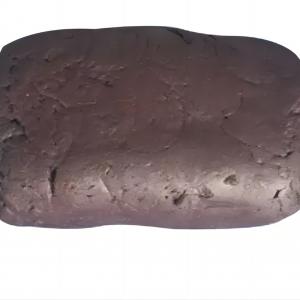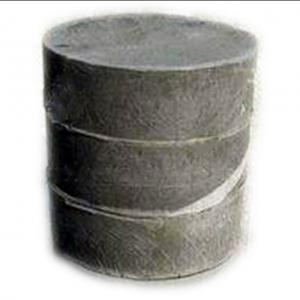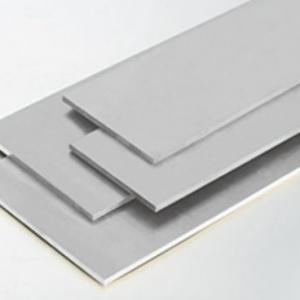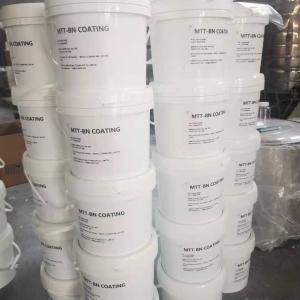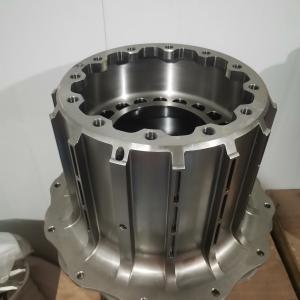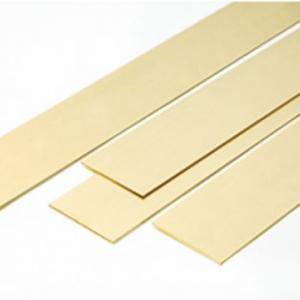Description
Standard: GB/T3624-2010, GB/T3625-2007, ASTM B337 338
Basic Grade: TA0,TA1,TA2,TA9,TA10,BT1-00,BT1-0,Gr1,Gr2
Advantages of titanium tubes:
1. The specific strength of titanium tube is high. The density of titanium alloy is about 4.5g\\u002Fcm3, only 60% of steel. The strength of pure titanium is close to that of ordinary steel, and some high-strength titanium alloys exceed many alloy structural steels. Therefore, the specific strength (strength\\u002f density) of titanium alloy is much higher than other metal structural materials, and parts with high unit strength, good rigidity and light weight can be manufactured. At present, titanium alloys are used in aircraft engine parts, skeletons, skins, fasteners, landing gears, etc.
2. Titanium tube has high thermal strength. The operating environment temperature is several hundred degrees higher than that of aluminum alloy, and it can still maintain the required strength at medium and different temperatures. It can develop and work for a long time at a temperature of 450-500°C. The research still has a very high specific strength, while the specific strength of aluminum alloy can decrease obviously at 150 °C. The working temperature range of titanium alloy can reach 500°C, while that of aluminum alloy material is below 200°C.
3. Titanium tube has good corrosion resistance. Titanium alloy works in humid atmosphere and seawater medium, and its corrosion resistance is much better than that of stainless steel, especially it has strong resistance to pitting corrosion, acid corrosion and stress corrosion, and has excellent corrosion resistance to alkali metals and other substances. However, titanium has poor corrosion resistance to media containing reducing oxygen and chromium salts.
4. Titanium tube has good low temperature performance. The mechanical properties of titanium alloys can be maintained at low and high temperatures. Titanium alloys have good low-temperature performance and extremely low interstitial elements, such as TA7, which can maintain a certain degree of plasticity at -253 °C. Therefore, titanium alloy is also an important low-temperature structural material.
5. Titanium tube has high chemical activity. Titanium has high chemical activity and reacts strongly with O, N, H, CO, CO2, water vapor and ammonia in the atmosphere. When the carbon content is greater than 0.2%, hard TiC will be made of titanium alloy. When the temperature is high, the hard surface layer of TiN is also formed through the interaction with N; when the temperature is higher than 600 ° C, titanium absorbs oxygen to form a hardened layer with high hardness. As the content increases, an embrittlement layer is also formed. Titanium also has a high chemical affinity and easily adheres to frictional surfaces.
6. The coefficient of thermal conductivity of titanium tube is small, and the modulus of elastic material is small. The thermal conductivity of titanium is small, and the elastic dynamic modulus is small. The effective modulus of elasticity of titanium alloy is about 1/2 of that of steel, so its rigidity is poor and easy to deform. It is not suitable for making slender rods and thin-walled parts. The amount of springback on the surface of the enterprise is very large, about 2 to 3 times that of Chinese stainless steel, resulting in severe movement friction, adhesion, and bonding wear of different tool flanks.
The use of titanium tube
Titanium tubes are mainly used to make aircraft engine compressor components, followed by structural parts of rockets, missiles and high-speed aircraft. In the mid-1960s, titanium and its alloys have been used in general industries, such as electrodes for the electrolysis industry, condensers for power stations, heaters for petroleum refining and seawater desalination, and environmental pollution control devices. Titanium and its alloys have become a corrosion-resistant structural material. In addition, it is also used in the production of hydrogen storage materials and shape memory alloys.


